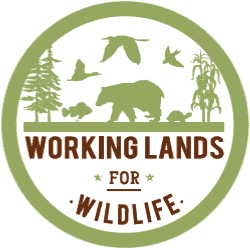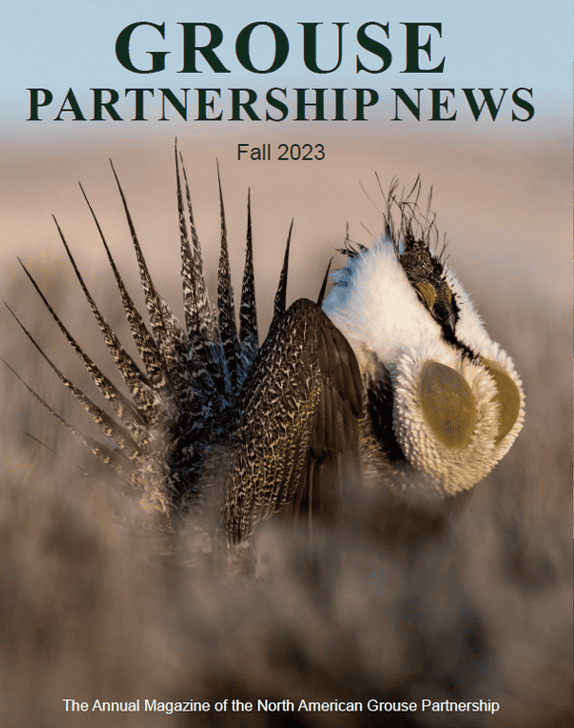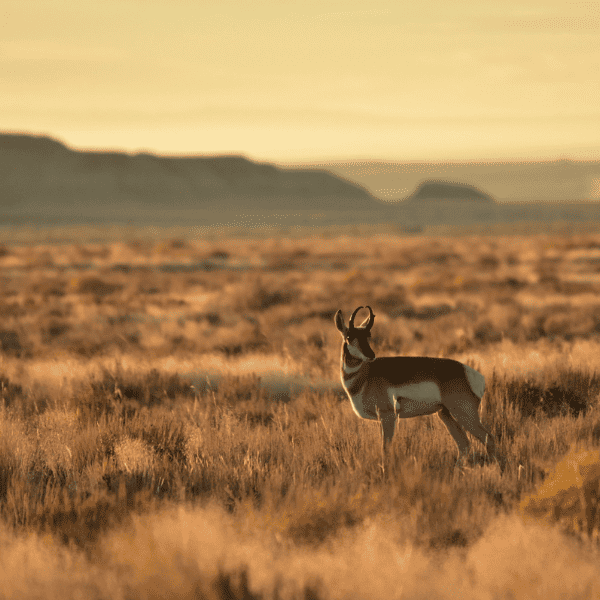
New Conservation Agreements Protect Lesser Prairie-Chicken Habitat
NEWS: The Western Association of Fish and Wildlife Agencies has finalized permanent conservation agreements with a private landowner to conserve high-quality lesser prairie-chicken habitat in south-central Kansas.
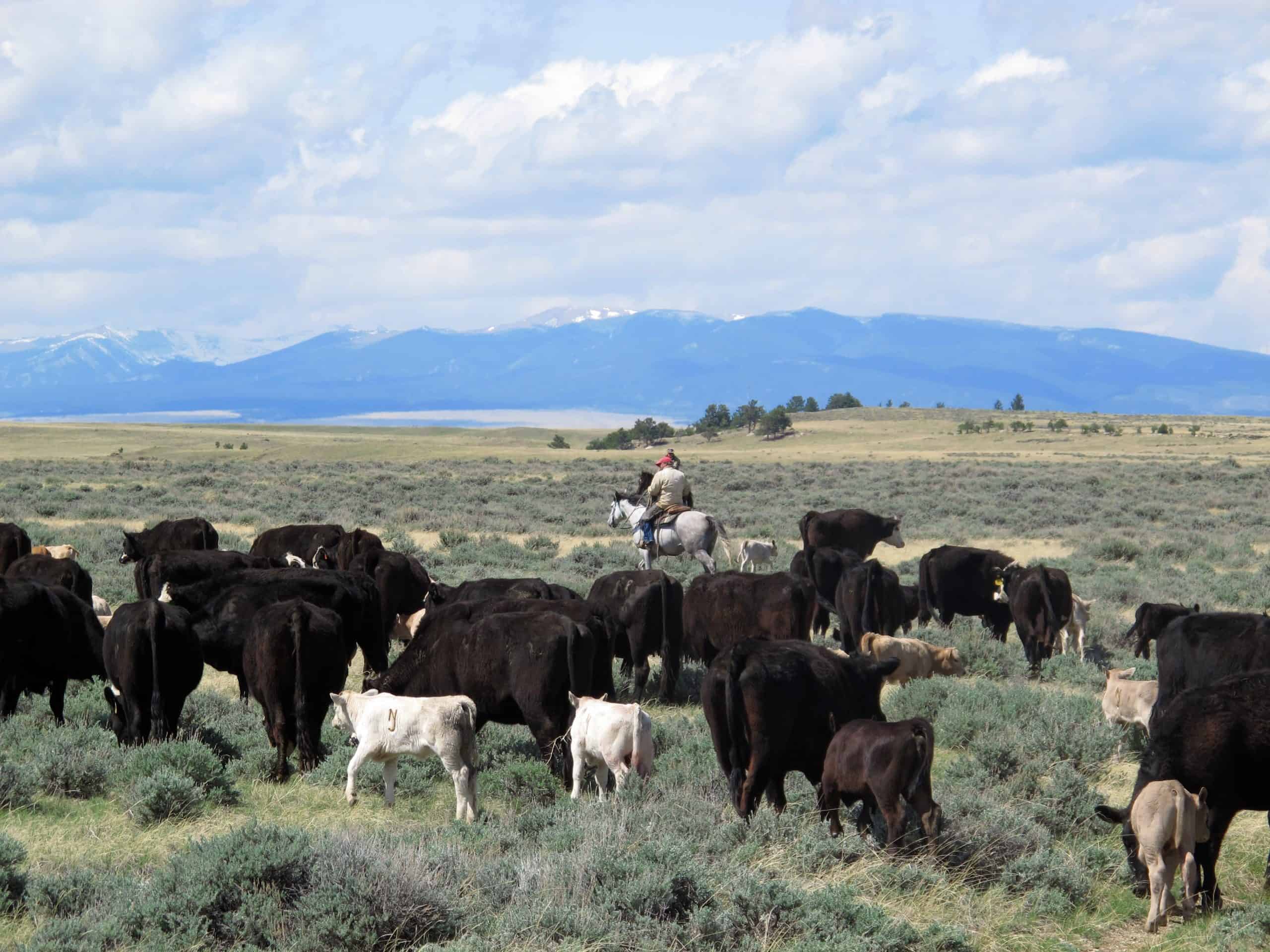
Grazing Management In Perspective: A Compatible Tool For Sage Grouse Conservation
August 28, 2017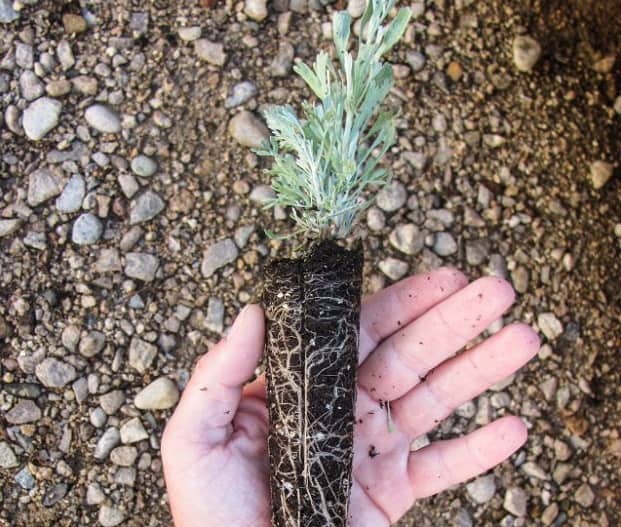
Inmates Are Growing Sagebrush in Western Prisons for Wildlife Conservation
September 8, 2017The Western Association of Fish and Wildlife Agencies (WAFWA) has finalized permanent conservation agreements with a private landowner to conserve 968 acres of high-quality lesser prairie-chicken habitat in south-central Kansas. In addition, a 160-acre tract owned by another private landowner that is managed with the property will be protected under a 10-year conservation agreement finalized last week. These two tracts of land are immediately adjacent to a 1,781-acre tract which was placed under a permanent conservation agreement earlier this year.
The conserved acreage is all native rangeland currently being managed for livestock production, and this historical use will continue. The permanent conservation easement on the 968-acre tract was purchased by WAFWA and will be held and monitored by Pheasants Forever. Both WAFWA and Pheasants Forever are key partner organizations within the Natural Resources Conservation Service-led Lesser Prairie-Chicken Initiative (LPCI), helping bring about strategic actions that benefit both lesser prairie-chickens and the private landowners that steward their habitat.
“Thanks to conservation-minded landowners, we now have a complex of 2,909 acres being managed with the needs of the lesser prairie-chicken in mind,” said Roger Wolfe, WAFWA’s Lesser Prairie-Chicken Program Manager. “The ranch is in very good condition due to a long history of good management and there are two active leks on the property.”
The conservation easement restricts future development and activities that would be detrimental to the habitat for the bird. The private landowner will retain all other property rights associated with historical use of the land.
WAFWA has also established an endowment that will provide the landowner with sufficient payments to implement a lesser prairie-chicken conservation plan in perpetuity. This transaction not only permanently protects key prairie habitat, but also ensures that this property will remain a working cattle ranch.
“Pheasants Forever is proud to partner with WAFWA and the private landowners to complete this voluntary conservation easement,” said Jordan Martincich, Director of Development for Pheasants Forever. “The conservation values associated with this project will have a positive impact on wildlife habitat for future generations. We hope other landowners will partner with Pheasants Forever and WAFWA to perpetually protect their working lands for the benefit of wildlife and the benefit of the ranching community.”
Conservation easements are an important conservation strategy within the Lesser Prairie-Chicken Range-wide Conservation Plan, a collaborative effort of WAFWA and the state wildlife agencies of Kansas, Colorado, New Mexico, Oklahoma, and Texas. The plan was developed to ensure conservation of the lesser prairie-chicken by providing a mechanism for voluntary cooperation by landowners and industry and improving coordination between state and federal conservation agencies.
Funding for WAFWA’s conservation efforts comes from voluntary mitigation payments by industry partners that are enrolled in the plan. The plan allows agriculture producers and industry to continue operations while reducing impacts to the bird and its grassland habitat.
WAFWA’s conservation easements are just one of several conservation assistance programs available to landowners within the lesser prairie-chicken’s range. LPCI’s Conservation Assistance Program brochure includes a table that summarizes several available programs. Contact your local NRCS field office to learn more.
Landowners interested in participating in one of the short-term, long-term or permanent conservation options available under the Lesser Prairie-Chicken Range-wide Plan should contact Roger Wolfe at roger.wolfe@wafwa.org.
The Lesser Prairie-Chicken Initiative, led by the USDA’s Natural Resources Conservation Service, is a partnership-based, science-driven effort that uses voluntary incentives to proactively conserve America’s western rangelands, wildlife, and rural way of life.

